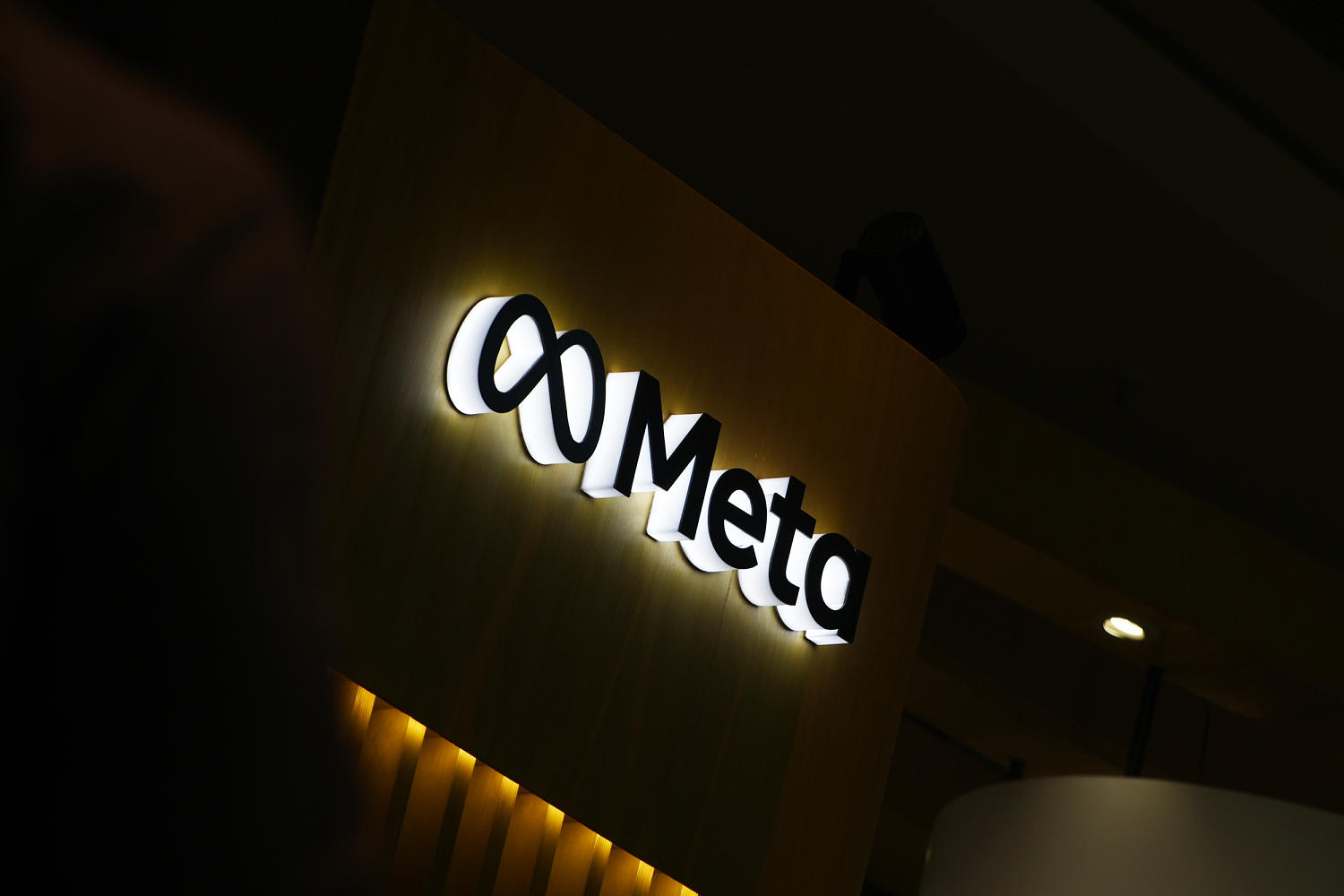
LONDON — Queer creators are concerned that Meta's decision to change its community standards to allow more inflammatory language targeting racially diverse and LGBTQ people could silence their voices, harm their livelihoods and damage their mental health.
Chief Executive Mark Zuckerberg last week announced changes to Meta, which owns Facebook, Instagram and Threads, in a move that critics say is an effort to appeal to President-elect Donald Trump, who takes office next week.
"We've reached a point where there are too many mistakes and too much censorship. It's time to get back to the roots of free speech," Zuckerberg said in a video posted on January 7.
Meta's new global rules allow "allegations of mental illness or deviance based on gender or sexual orientation, taking into account political and religious discourse around transgenderism and homosexuality and common non-serious uses of words like 'weird'."
Meta now also allows "content advocating for gender-based restrictions in military, law enforcement, and teaching jobs. Under the new standards, when the content is based on religious beliefs, we also allow the same content based on sexual orientation."
“Meta’s new policy on hateful conduct gives users a green light to share hate speech against LGBTQ+ people, plain and simple,” Jonathan Ochart, CEO of The Postcard Agency, a marketing firm based in Beverly Hills, Calif., told Context/Townsend Reuters Foundation. An email.
“Meta is inciting hate speech with serious consequences.”
Scott Seitz, CEO of SPI Marketing in Guilford, Conn., said the changes jeopardize the social safety net that helps maintain the mental health of LGBTQ users.
"The consequences will be devastating: increased suicide rates, hate crimes and widespread discrimination against women and diverse communities," he said.
However, some creators see potential benefits from these changes, which could increase "political" content in the algorithm, resulting in greater visibility for LGBTQ posts.
As a result, the influence of non-binary creators like SK Smigiel, who hails from Maryland and posts about gender issues, may increase.
"I have become very accustomed to the high amount of positive and negative engagement on my page. Knowing that (these changes) may increase negative engagement is frustrating, but not entirely disheartening," they wrote in an email .
"In my opinion, any visibility on trans creator accounts is probably a positive thing," they said. "I know not everyone feels that way."
However, they are concerned about the impact this will have on brand partnership deals and plan to encourage users to support them on other platforms, such as donation site Patreon, to fill the gap.
Jamie Love, founder of London-based social commerce and influencer marketing agency Monumental Marketing, said brands may be prevented from working with creators under the new rules.
“Simply put, brands won’t be willing to invest in platforms that could harm marginalized voices — it’s not just an ethical issue, it’s also good business,” he said in an email.
Some influencers and marketing agencies in the US and Europe, particularly those focused on LGBTQ representation, have been advising creators to disable comments on their posts.
"When our talent, especially the content creators we represent, receive hate online, we always advise them not to engage. This means removing comments and messages, reporting and blocking users." Berlin-based LGBTQ Marketing Cora Hamilton, director of agency Uns, wrote via email.
"This is a quick fix, but that doesn't mean creators won't be affected by the hateful things said about them."
Agencies such as The Postcard Agency also advise creators to diversify across social media sites, including joining BlueSky, Pinterest and Substack, and favor platforms they control, such as personal blogs.
Seitz said that besides Instagram, the biggest platforms for LGBTQ users are LinkedIn and TikTok.
"While migration may take time, it's critical to start moving your followers to other platforms...many in the LGBTQ+ community have already begun building a presence on these platforms," he said.
However, TikTok also faces threats in the United States, where the Supreme Court is expected to decide this week whether to ban the video-sharing app on national security grounds unless it is sold by Chinese parent company ByteDance.
Trump said he wanted to see TikTok stay in the United States and hoped the court would delay the ruling so he could seek a "political solution."
Meta also said it would cancel its U.S. fact-checking program in the biggest overhaul of how political content is moderated on its service.
The changes could put it in breach of European legislation such as the Digital Services Act (DSA), under which it could be fined up to 6% of revenue if it fails to remove illegal content such as hate speech.
Meta said it will continue to remove illegal posts, but Zuckerberg acknowledged in the video that changes to content filters mean "we'll catch less bad content."
Meanwhile, the UK’s Online Safety Act requires platforms to impose modest restrictions on abusive content based on race, religion, gender, sexual orientation, disability or gender reassignment.
However, it did not take effect until March this year.
A representative of Ofcom, the media regulator that oversees the law, said it would collect information from companies over the coming months on issues with their security processes.
An Ofcom representative said: "We have spoken to a number of technology companies, including Meta, about what they are doing now and what they need to do when the new UK tariffs come into force."
Despite the changes in Meta, some LGBTQ creators say they are determined to continue to use their voices online.
Farhad Divecha, director of the London-based Outloud LGBT agency, said: “[We]have been resilient through centuries of hatred and bigotry and we have found ways to survive and thrive. "
Divicha said the agency will educate its partners about the risks of doing business in sensitive areas and the possible backlash.
"No matter the outcome, I remain steadfast in my authenticity as a trans educator and creator. I'm not going anywhere," Smigiel said.